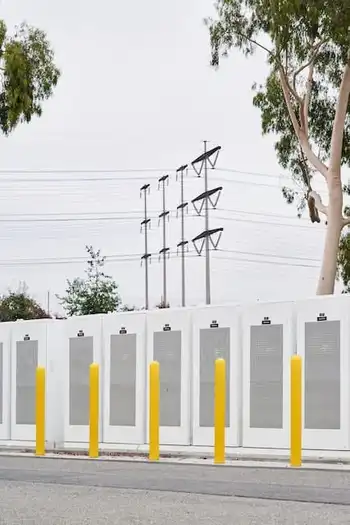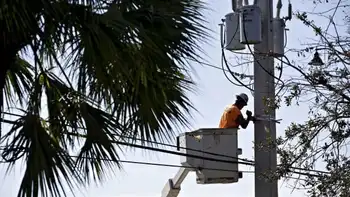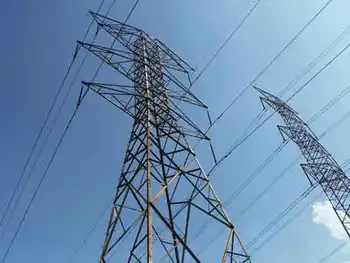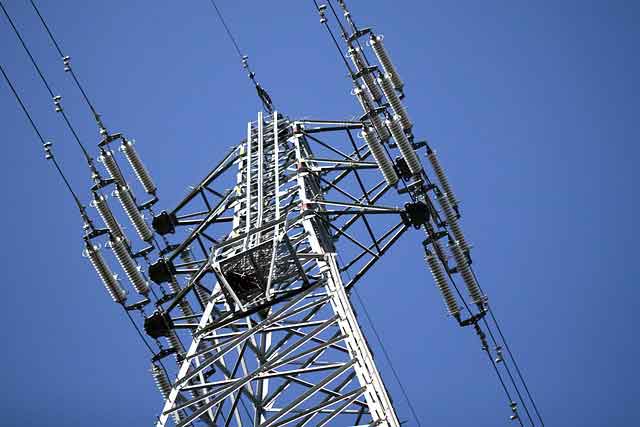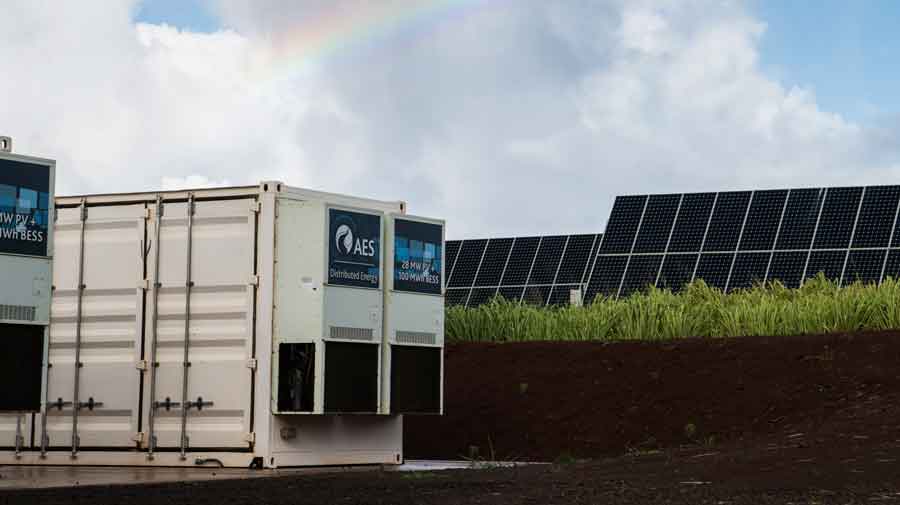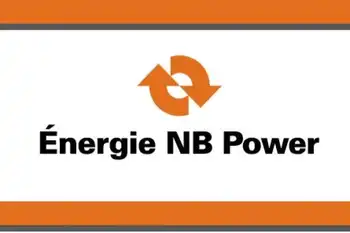BC Hydro prepares for electric car boom
By Vancouver Sun
NFPA 70e Training
Our customized live online or in‑person group training can be delivered to your staff at your location.

- Live Online
- 6 hours Instructor-led
- Group Training Available
The Crown corporation announced it has commissioned a study for development of electric car infrastructure — specifically, the wires and plugs needed to allow drivers to charge up their vehicles at home, at work, at the mall, or anywhere else that would lend itself to plug-in charging.
Fully electric cars draw substantially greater amounts of electricity than gasoline-electric plug-in hybrids, and canÂ’t reasonably recharge on a conventional 110-volt outlet, according to one Vancouver advocate.
That means electrical contractors can expect a lot of new and additional work in the coming years, refitting home circuit breaker panels with additional higher-amperage lines, and installing and wiring plug-in outlets at parking lots at offices, malls and other venues — possibly even residential curbsides for homeowners with no dedicated parking.
The City of Vancouver is already mulling building code changes that would require all new residential construction to have electric-vehicle outlets installed, or roughed in.
Don Chandler, past president of the Vancouver Electric Car Association, said public electrical outlets are common in other parts of Canada — in fact, he suggested, freezing weather in Alberta probably means most Calgary and Edmonton residents are plugged into 110-volt block heater outlets right now at work and home.
However, Chandler noted, it’s faster and more practical to charge a fully electric car on a 220-volt outlet. That’s twice the voltage of a standard household outlet — more similar to the one required by an electric clothes dryer — and it would drastically reduce the amount of time needed for a full charge.
“It’s a fundamental change,” Chandler said about Hydro’s move, describing it as shift toward developing environmental policy.
“This is the first time BC Hydro has gone beyond the (home electricity) meter. BC Hydro builds dams, they build transmission lines, they put wires and transformers down the alley, and they bring a wire to your house. They stop at that meter.”
He said that at present, neither homes nor condos are wired to support electric-vehicle plug-ins.
“That’s a real problem,” he said in an interview.
Chandler owns a fully electric GMC Sonoma half-ton pickup, and says it costs $20 a month for the electricity to keep it running.
He noted other practical problems to wide-scale adoption of electric vehicles, particularly in HydroÂ’s management of the provincial power grid.
Hydro announced that Arizona-based Electric Transportation Engineering Corporation, or eTec, has been awarded a contract to “detail the necessary actions for deploying electric vehicle charging infrastructure.”
ETecÂ’s parent company is also developing a vehicle charging infrastructure in Tucson in support of the 2010 launch of a Nissan electric car.
As recently as February, senior Hydro officials were testifying before the B.C. Utilities Commission that the Crown corporation was not actively preparing to expand its electricity supply to meet the demand spike that is likely to accompany a hike in electric vehicle use.
Hydro president and CEO Bob Elton told The Vancouver Sun that “there is still some time before the cars are available for commercial use on a widespread basis.
“Nevertheless we must be prepared. That’s why it’s important for us to be involved in steps such as this one.”
Energy Minister Blair Lekstrom said in a news release that electric vehicles would help B.C. reduce dependence on “imported fuel” while using local renewable energy for transportation.
B.C. Sustainable Energy Association president Guy Dauncey said there is “huge pent-up demand for electric vehicles and plug-in hybrid electric vehicles in B.C.,” and it’s essential to prepare the province’s electrical infrastructure in advance.
“We believe that B.C. should plan for 100 per cent of the province’s cars and light trucks to be electric or plug-in hybrid electric by 2030 — and this move by BC Hydro is a critically important step in the right direction,” Dauncey said in an e-mail.
Ian Bruce of the David Suzuki Foundation noted that “the transportation sector in general as a whole is B.C.’s largest source of heat-trapping emissions that are leading to the problem of global warming.”
“But it’s not the only solution and doesn’t remove the need to have better urban design in our communities, nor the need for better public transit service.”





